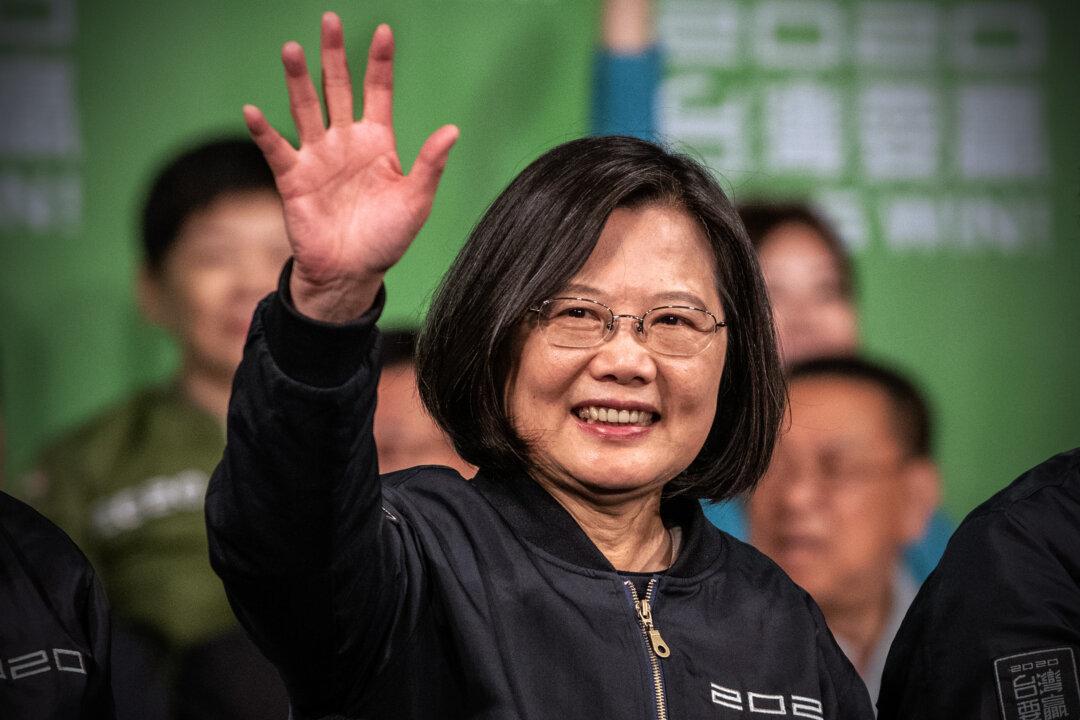News Analysis
WASHINGTON—The former top Pentagon policy official for Asia says the recent Taiwan presidential election allowed the “young democracy” to send “important messages” to the region.

WASHINGTON—The former top Pentagon policy official for Asia says the recent Taiwan presidential election allowed the “young democracy” to send “important messages” to the region.